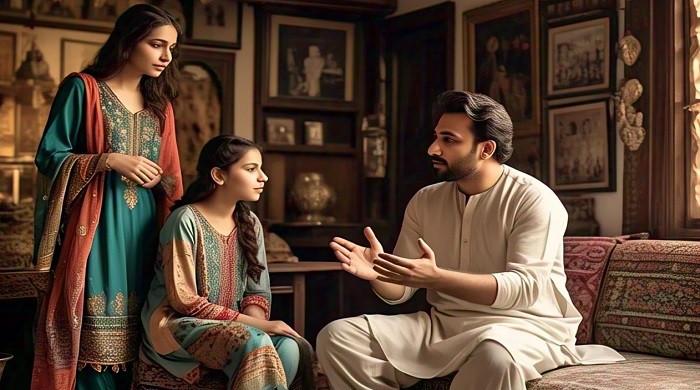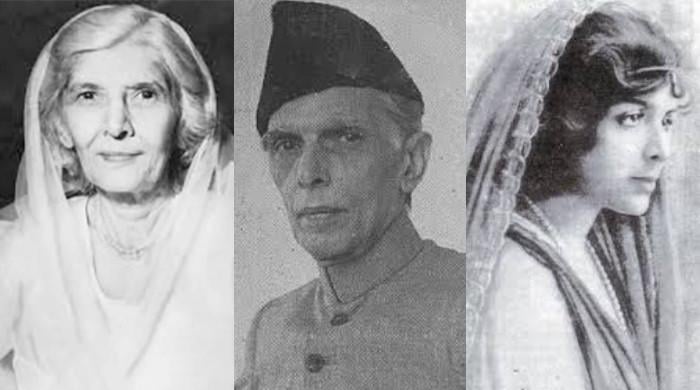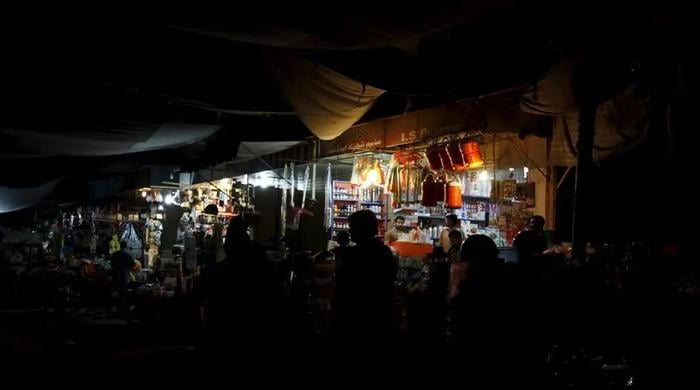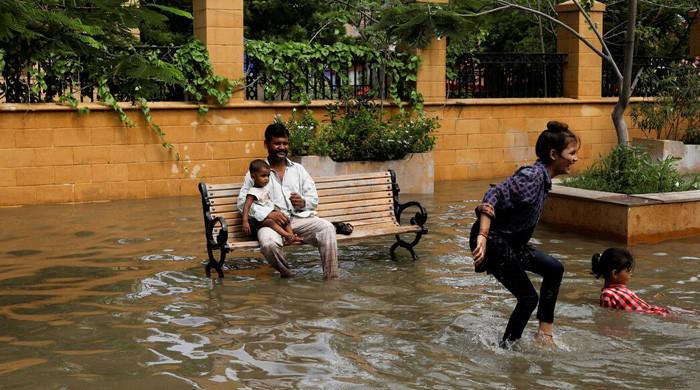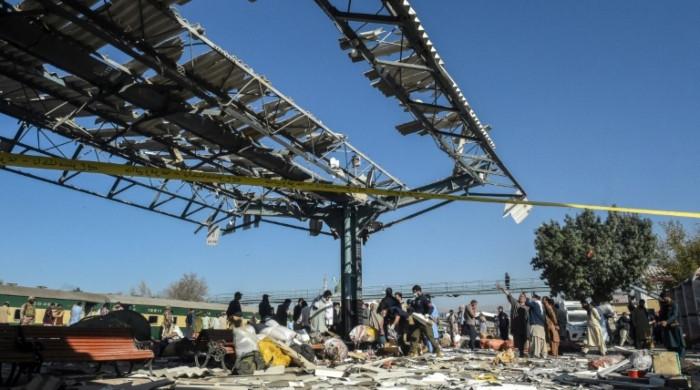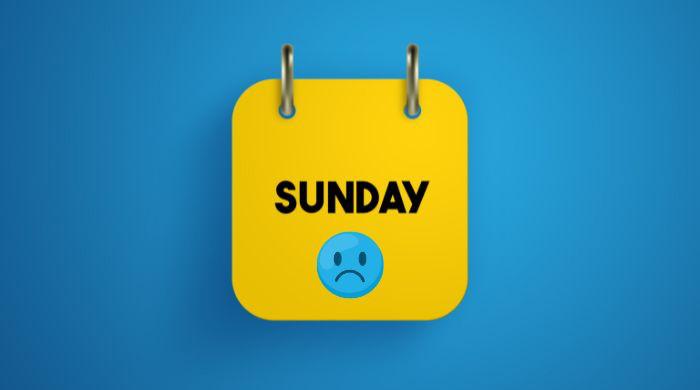Women’s rights during a pandemic: Are we moving forward?
Today, the pain is same, the threat is same and for once the world seems united in its struggles
April 09, 2020
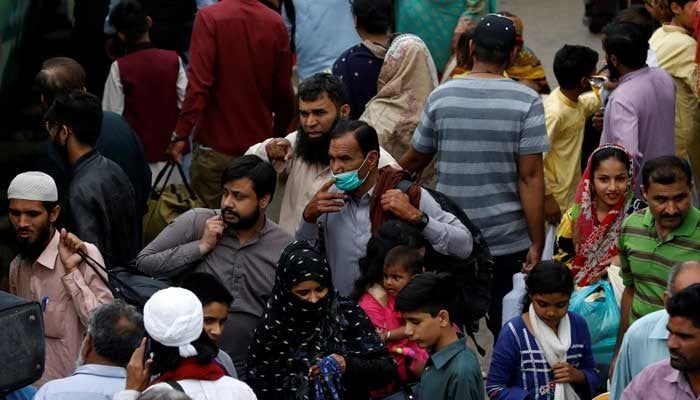
Recent events have urged human beings to reflect upon prevailing norms. With the onset of the novel coronavirus epidemic, the whole world seems to be coming together irrespective of its differences, borders, nationalities, identities and languages.
The struggle is akin, man versus a virus.
The United Nation’s secretary general has called upon nations to focus on the real conflict at hand, urging for a global cease fire. Leaders are readjusting their focus within their borders, rather than lamenting on issues outside.
The songs of globalization and internationalism seem to be evaporating as countries close down their borders and citizens look up to their respective governments for the guarantee of their socio-economic safety and wellbeing. Today, the pain is same, the threat is same and for once the world seems united in its struggles.
Rich or poor, young or old, literate or illiterate, man or woman, it doesn’t matter. Everyone is at risk and everyone is frantically making efforts to secure themselves. Yet, as we focus on fighting one grave threat, many other dangers are being left unaddressed, such as that of patriarchy.
Early March in Pakistan saw the stirring up of slogans of women empowerment and the push back against exploitation of women in our society as people took to the streets to commemorate the International Women's Day under the banner of Aurat March.
This year’s slogan was “Mera Jism, Meri Marzi” (my body, my choice), and yet not only such simple, plain words fell deaf upon many ears, they ignited a debacle.
Something as basic and benign as consent, and the right of anyone over their own body, was labelled and hailed in many quarters as a “western agenda” to unravel the fabrics of our Islamic society.
From political to religious leader, celebrities and activists everyone had a piece to say. Each side steadfast in its beliefs trying to outdo their opponents. The cries for equal treatment of women, protection against harassment, protection against rape, protection against any form or face of force, economic and physical security, religious freedom were drowned under criticism of people whose only skin in the game were their patriarchal beliefs which felt vulnerable.
The episode unveiled the misogynist face of the society, where a female is discriminated against on the basis of her gender. Her body is everyone’s property except hers. Stigmatized, she is a reduced identity fit only for procreation, preservation of culture and continuity of social norms. The family honor rests in her “chaddar and char dewari”(veil and four walls of a house).
Despite being endowed since birth with similar faculties as a man, she is somehow a second class member of the society. The same society that prides its self on its religious identity witnessed a video clip of a religious leader joking that he too could under Mera Jism Meri Marzi rape whomever he desires.
Islam, a religion of compassion made man and women morally equal in the eyes of Allah. Each gender is responsible for similar duties of prayers, pilgrimage and fasting. The economic and social rights in each role of her life guaranteed under a religion which prohibits female infanticide . Islam recognizes a women’s personhood. Our Islamic history is laden with examples where our beloved Prophet (P.B.U.H) consulted with women.
His wife Hazrat Ayesha (RA) is a well-known and respected authority in history and the rhetoric of Islam. So what then birthed these beliefs and the ensuing debacle that continues to engulf the sensible heads in our society?
Even scarier is and will always be the sufferings of millions of Pakistan’s women who are forced into silence and subjugation under the name of social norms and culture. Today, a woman’s battle is not just for equal economic treatment or physical safety. She battles her sexual portrayal in the media. She battles psychological violence that starts from minor incidents like insults and yelling and often manifests into graver forms of aggression against her like threats and coercion. She battles for her voice to be heard among her male colleagues, she battles the growing insecurities of patriarchal society around her, she battles the haters and bullies and she battles for her reputation.
A woman is engaged in a never ending, never slowing warfare and unlike Covid-19 there are no sweeping measures to keep her safe against the virus of misogyny.
The current breakdown has given the society a chance for inner reflection. Many analysts are hailing it as a sort of resetting. Will the same circumstances, one wonders, allow for a unanimous opinion on “Mera Jism, Meri Marzi” to emerge? One in which a woman has absolute and complete control over her body, her choices, her voice and her rights.
I hope the debate that started before COVID-19 overtook our lives, continues after the pandemic ends.
Nayyar works with the Punjab Board of Investment and Trade.




